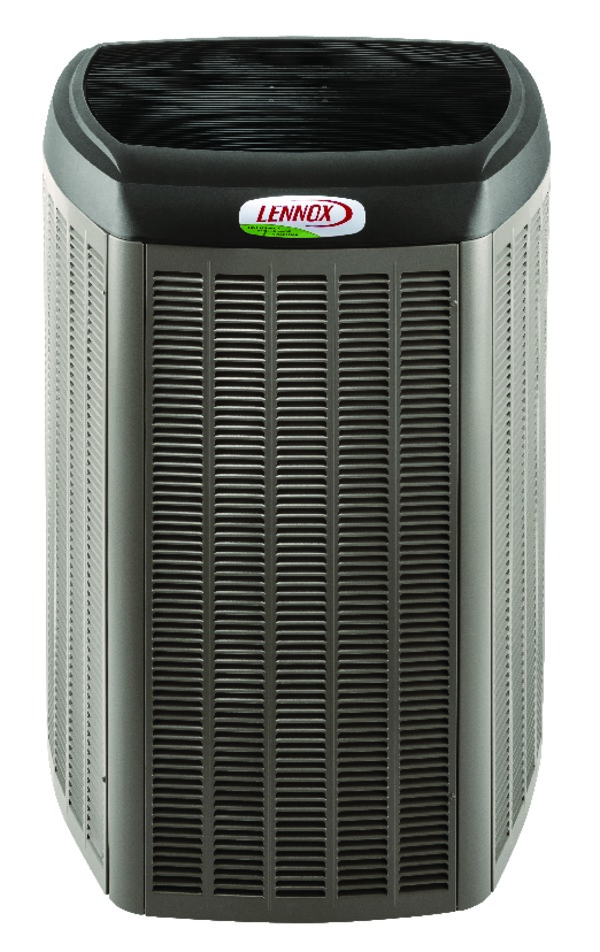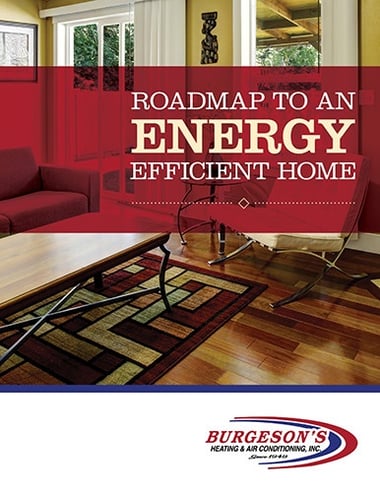WHAT IS AN AIR CONDITIONER SEER RATING
Homeowners who are in the market for a new air conditioning system must take into account Seasonal Energy Efficiency Ratio (SEER) ratings, which measure an AC unit's unit’s efficiency. While this number may not be the only or most important deciding factor when purchasing a new unit, it should be a consumer’s starting point. Understanding what is an air conditioner SEER rating and how it impacts your home’s comfort and energy bills is essential.
Use this guide to learn what SEER means, why it matters, how to choose the right one for your home, and when a higher SEER rating is worth the investment
- What is SEER
- Why SEER Ratings Matter
- What is a Good SEER Rating?
- SEER Ratings and Rebates
- SEER Ratings and System Longevity
- How to Choose the Right SEER Rating for Your Home
What is SEER?
SEER, or Seasonal Energy Efficiency Ratio, is a measure of how efficiently an air conditioner operates over the course of an entire cooling season. It's similar to the MPG rating on a car—higher numbers mean greater efficiency.
A SEER rating is calculated by dividing the total cooling output (in British Thermal Units or BTUs) by the total electrical energy consumed (in watt-hours). Since 2006, federal regulations have required a minimum air conditioner SEER rating of 13 or 14, depending on the region.
You'll find the SEER rating on the yellow Energy Guide label, allowing for easy comparison between models. In general, the higher the SEER rating, the more efficient the unit—especially during long, hot summers.
WHY SEER RATINGS MATTER?
Knowing your AC unit's SEER rating isn't just a technical detail—it directly affects your monthly costs and your carbon footprint.
1. Lower energy bills: AC units with high SEER ratings consume less electricity, saving money over time.2. Environmental impact: Energy-efficient systems reduce greenhouse gas emissions and fossil fuel use.
3. Long-term value: A more efficient system often pays for itself through operating cost savings.
Choosing a system with a higher air conditioner SEER rating is not only a smart financial decision—it also supports more sustainable homeownership.
WHAT IS A GOOD SEER RATING?
A “good” SEER rating depends on your home, climate, and cooling needs.
- Federal minimum: SEER 14 (may vary by region)
- Better efficiency range: SEER 15-18 for good energy savings
- Best efficiency range: SEER 19–24 for strong energy savings
When evaluating, "what is an air conditioner SEER rating that fits my needs?", aim to balance efficiency with your budget and climate. In many cases, an AC unit with a SEER rating of 17-21 offers the best mix of performance and value.
SEER Ratings and Rebates
An air conditioner with a higher SEER rating can qualify you for rebates or tax incentives. Many utility companies and state programs, including those in California, offer incentives for installing energy-efficient systems. By choosing a unit with a high air conditioner SEER rating, you may be eligible for financial benefits that help offset the initial investment. Always check with your local providers to see what rebates or incentives are available in your area.
SEER Ratings and System Longevity
A common question is whether air conditioners with higher SEER ratings have a longer lifespan. While more efficient units may have advanced features, the lifespan of your air conditioner depends more on proper installation and regular maintenance than on the SEER rating alone. However, investing in a system with a good air conditioner SEER rating can still be a smart choice for long-term comfort and savings. Remember, no matter the SEER, proper care is essential for maximizing your system’s lifespan.
How to Choose the Right SEER Rating for Your Home
When selecting a new air system, choosing the right SEER rating requires balancing short-term affordability with long-term performance and energy savings. Here are a few important factors to consider:
1. Climate: If you live in a hot region where the AC runs for much of the year, a higher SEER rating can provide significant energy savings. Cooler climates may not justify the higher upfront cost.2. Home Size: Larger homes require more cooling power, and efficient sizing is essential. A correctly sized unit with an appropriate SEER rating will operate more efficiently and last longer.
3. Usage Patterns: Homes that rely heavily on air conditioning—either due to occupancy or comfort preferences—will benefit more from systems with high SEER ratings..
4. Budget: While AC units with high SEER ratings typically cost more upfront, they often deliver lower monthly utility bills. Consider how long you'll stay in your home and whether the energy savings will outweigh the initial cost.
5. When to Invest in Higher SEER: If your current unit is older and inefficient, or if you're planning to stay in your home for 10+ years, investing in a system with a SEER rating between 19 and 24 can be financially worthwhile over time.
Knowing what is an air conditioner SEER rating empowers homeowners to make informed, energy-efficient choices. The SEER rating is just one factor to consider—but it's a crucial one when it comes to comfort, cost, and environmental responsibility.
Need help choosing the right system for your home? Explore our air conditioning system installation services or call Burgeson's at (909) 792-2222 to speak with an expert.













